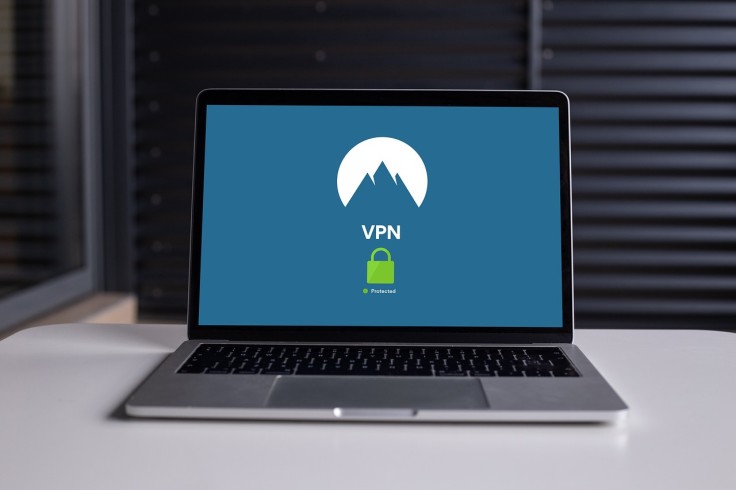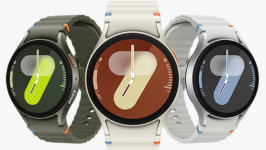
Browsing the internet is something that comes as second nature to more than half of the planet today. Officially, more than four billion people peruse the billions of web pages, services, and applications available online in 2021. To add to that, the majority of internet browsing takes place on the go via smartphones, today. Because the internet map has become so massive, it is time to look at ways in which to protect yourself, your data, and your identity online.
The internet can be defined by many names; the World Wide Web, the International Network, and Internetworking. In essence, the internet is a collection of globally interconnected web servers that talk to each other via various protocols such as how the HTTP protocol works with TCP/IP to deliver the internet to us. Furthermore, internet traffic (akin to car traffic) operates also via several protocols, packets, and of course internet routers which are the instrumental hardware piece for an internet connection. Our web browsers, installed on our computer operating systems (OS), deliver us the internet portal, through which everything happens. The internet used to be quite two-dimensional back in the day, without all of the media, layering, and graphics on display today. At present, the internet has evolved greatly to span an infinitely larger user base which makes use of the equally infinitely larger array of web pages, servers, services, and applications. The internet infrastructure has grown to accommodate everything from the smallest businesses to government portals. For these reasons, since the internet has grown so large and does not have a central entity that monitors or governs it, a VPN is a critical cybersecurity tool that everyone should utilize when browsing the modern internet.
What is a VPN?
A Virtual Private Network, or VPN, can be thought of simply as an invisibility cloak (Harry Potter, anyone?.) Another analogy for this is that it is something like the modern equivalent of making a secret phone call from a remote phone booth. Metaphorically speaking, a VPN is even better than a remote phone booth, because it gives you even more anonymity in the equivalent internet realm. It is also a self-explanatory term, in that a VPN is a virtual network that is private to you. From a technical point of view, a VPN is an application/software program that is readily available for download today on any operating system. The software works by installing itself between you and the rest of the internet (so your ISP, the government, ad agencies) obfuscating your traffic (data), as well as encrypting it. A VPN does this by allowing you to connect to a selection of (virtual) middle-man internet servers all over the world that are specially set up for this reason by the VPN company. VPNs are extremely popular today, as global distrust towards internet surveillance as well as fears of data breaches rise exponentially each day.
What Are The Benefits of Using a VPN?
A VPN has a wide range of benefits, even those which go beyond just cybersecurity. A VPN also gives you privacy benefits. Aside from the fact that a VPN cloaks/encrypts your internet transmissions and obfuscates your location (from hackers, for example), there are also other practical benefits. These include;
● Stopping targeted ads
● Putting a cog in data collection agencies' tactics
● Staying hidden from your ISP and avoiding data and bandwidth throttling
● Protecting your digital currency information
● Accessing geo-blocked content by connecting to a relevant server
● Finding cheaper flights and other services by making use of external servers
● Cost savings for organizations that implement VPNs
● Avoiding censorship
● The ability to install a VPN on any device with an operating system
The Disadvantages of VPNs
There are indeed some disadvantages to using VPNs, however, they do not override the fact that a VPN is crucial in the modern age. These are;
● Slower internet speeds
● Some difficulty in the initial setup
● Distinguishing between a good and bad VPN service
● Potential legal issues in some countries
A Final Note
Using a VPN is becoming the norm these days, and VPN companies are raking in billions due to the success of the concept, but it is extremely important to remember a few points before you decide to use one. The most important of all is that you should never use a free VPN service, instead opt for a paid, trusted one. This is because the legitimacy of free VPN services cannot be trusted, and you could be connecting to a scammer's server putting all of your data and devices at risk. Free VPN services will not have the policies and legalities that you need for peace of mind. Also, a free VPN will probably log your activity. Secondly, using a VPN does not mean you should conduct illegal activities or access dangerous parts of the web where authorities lurk. Finally, if you combine good cybersecurity best practices such as maintaining your passwords properly, router security, avoiding public WiFI if possible, and oversharing information about yourself online (where a VPN cannot help you), you should be set for a much safer internet experience than ever before.









